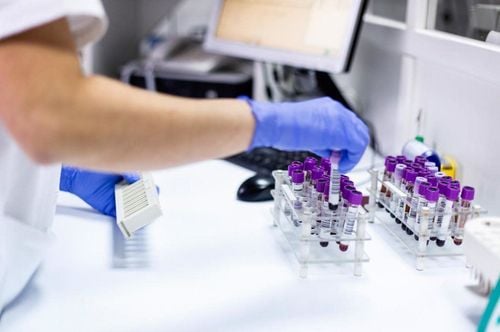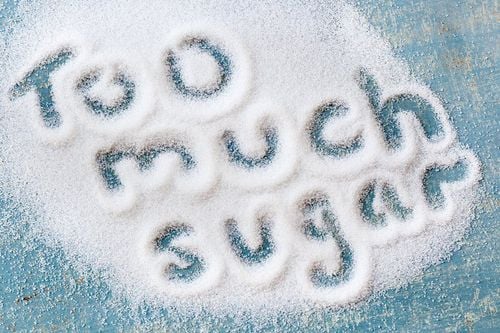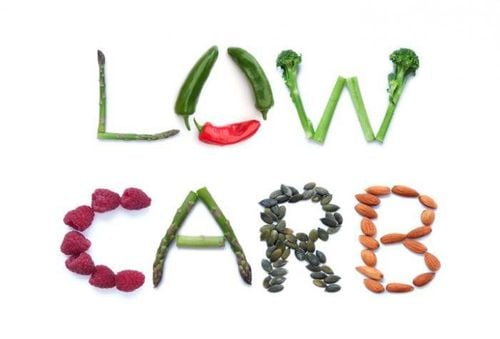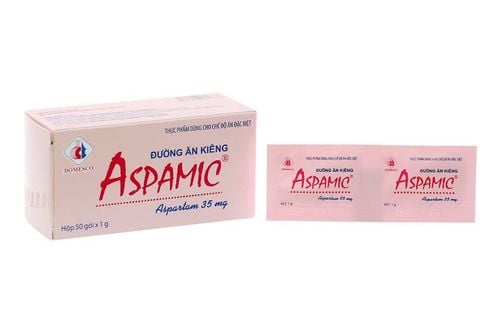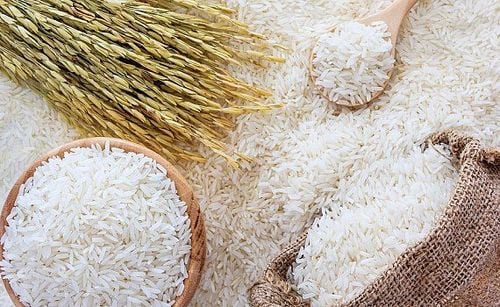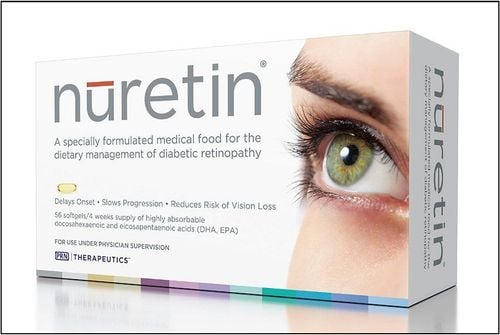This is an automatically translated article.
Consuming too many carbohydrates can cause your blood sugar to rise rapidly, conversely, eating too few carbs can cause your blood sugar to drop too low. Meanwhile, our brain needs a large amount of starch to be able to perform normal functions. Therefore, eating little or no starch can damage the brain and lead to other health consequences.
1. What are carbohydrates?
Carbohydrates consist of sugars and long chain molecules made up of sugars. This is the main source of energy for the human body. Although energy can also be obtained from protein and fat, carbohydrates are an immediate source of energy for the body in the form of glucose. Only when your blood glucose levels drop to a certain level, such as after exercise or fasting, does your body need the energy reserves found in fats and proteins.
In the diet, it is common to divide carbohydrates into two main groups, including simple carbohydrates and complex carbohydrates. Each group has a different nutritional value. Simple carbs usually include sugars like fructose, glucose, lactose and sucrose. Meanwhile, complex carbs are made up of long chains of simple sugars. Arguably, the most common complex carbs in the diet are starches. In addition, fiber is also another type of complex carbs, but it does not provide a source of energy for the body.
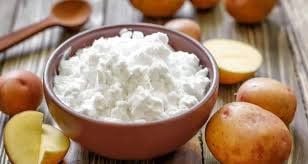
Loại carbs phức tạp phổ biến nhất trong chế độ dinh dưỡng là tinh bột.
2. The main functions of carbohydrates for the human body
As mentioned above, the core energy source for the main activities of the human body comes from carbohydrates. After you eat, all the carbs that come from food are eventually converted to glucose. Then, sugar will be transported through the blood and carried to all cells in the body to "serve" the process of energy production.
If the body does not need glucose immediately, it will be stored as glycogen in the muscles and liver, then converted into sugar quickly to provide energy when needed. When you consume too many carbs, glycogen stores become saturated. This causes excess energy from carbohydrates to be converted to fat for long-term energy storage and leads to weight gain.
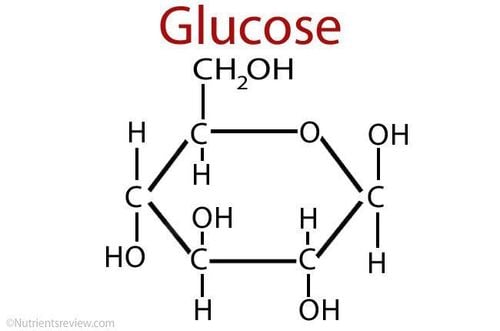
Sau khi bạn ăn, tất cả lượng carbs đến từ thực phẩm cuối cùng sẽ được chuyển hóa thành đường glucose.
3. What are “bad” carbs and “good” carbs?
The term “bad” carbs is used to refer to foods that are primarily composed of simple carbohydrates. These foods include refined carbohydrates (with added sugar, eg cakes, white bread, cookies) and sugary drinks. These carbs are usually digested faster and are easier to raise blood sugar levels more quickly. This can lead to a "roller coaster-like" spike in sugar levels. A spike in blood sugar can trigger an acute insulin response, causing excess blood sugar to drop rapidly, turning it into stored fat and causing a "sugar crash." called fatigue from eating too many carbohydrates. This phenomenon can also lead to changes in mood, even making you feel hungry faster, which in turn leads to eating more and more prone to weight gain.
For the term “good” carbs is used to refer to foods that contain more complex carbs, for example oatmeal, sweet potatoes, and popcorn. These carbs usually take longer to break down and they also raise blood sugar levels more slowly than simple carbs.
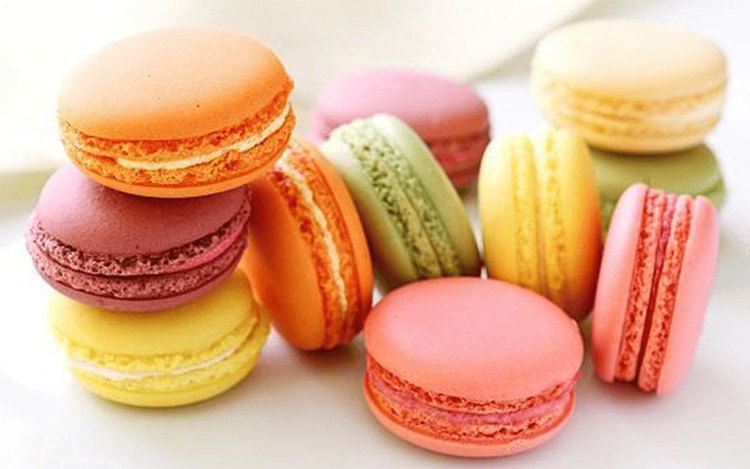
Carbs xấu có thể gây ra hiện tượng “sugar crash”.
4. How many carbs do you need in your diet?
According to recommendations from nutritionists, a healthy diet should have carbohydrates accounting for about 45-65% of total calories and limit added sugars should not exceed 10% of total calories. A diet that is too low in carbs can lead to conditions like constipation, bad breath, more seriously kidney stones, kidney failure or gout due to increased fat and protein intake. On the contrary, consuming too many carbs can lead to malnutrition by reducing the amount of protein and fat in the body.
However, not all carbohydrates in food contribute to energy production as they can vary by portion size. Therefore, the concept of “blood sugar” was introduced to more accurately reflect the energy contribution of carbohydrates in each serving.
5. What happens if you don't get enough carbohydrates?
Carbohydrates will be broken down into sugar and become the main source of energy for the activities of the brain, muscles and other parts of the human body. When you don't get enough carbohydrates, your blood sugar will drop below normal (70-99 mg/dL), causing hypoglycemia. Your body then begins to burn fat for energy, leading to a state of Ketosis.
Low blood sugar can cause some of the following common symptoms:
Excessive hunger. Trembling. Dizzy. Confusion. Hard to say. Feeling weak or anxious. Symptoms of Ketosis usually include:
Mental fatigue. Halitosis . Headache and nausea. Painful swelling in the joints. Kidney stones in severe cases.

Không nạp đủ lượng carbohydrate cần thiết cho cơ thể có thể gây nên tình trạng hạ đường huyết.
6. What happens if you consume too many carbohydrates?
A diet too high in refined carbohydrates can cause blood sugar levels to spike and lead to a condition known by experts as a “blood sugar roller coaster”, which can increase the risk of disease. dangerous chronic diseases, such as diabetes. Following a high-carbohydrate diet for a long time, while the amount of fat and protein is reduced, can lead to symptoms related to a lack of fatty acids or essential amino acids for the body, include:
Dry skin. Muscle weakness. Depression. Craving foods high in fat.
7. How to improve the amount of carbohydrates in the diet?
First of all, you should use a smart device or online tool to get the most accurate estimate of your current carbohydrate intake. Depending on your health condition and genetic background, you can make the decision to maintain, increase or decrease the amount of carbohydrates in your daily diet.
In general, you should limit your consumption of foods with a high glycemic index (GI) and increase the amount of low GI foods in your diet to support healthy blood sugar levels and maintain a constant power supply.
However, there are some exceptions. Some foods have a high GI, such as pumpkin and watermelon, but have a moderate or low glycemic index (GL). That is, their impact on blood sugar levels is negligible or does not cause much harm to health. These foods also provide a wealth of beneficial nutrients and serve as a well-balanced food source.
When choosing foods with a low GI, you should choose whole grains that contain complex carbohydrates, as well as a lot of fiber. "Good" sources of carbohydrates include grains (especially those fortified with fiber), unprocessed grains (barley, oatmeal, quinoa, etc.), beans, brown rice, fruit plants and vegetables.
Finally, it is important to maintain a healthy weight. Eating too much will lead to overeating calories. Excess energy, whether coming from whole grains or pure sugar in your diet, is converted to fat and stored in the body, leading to overweight and obesity.
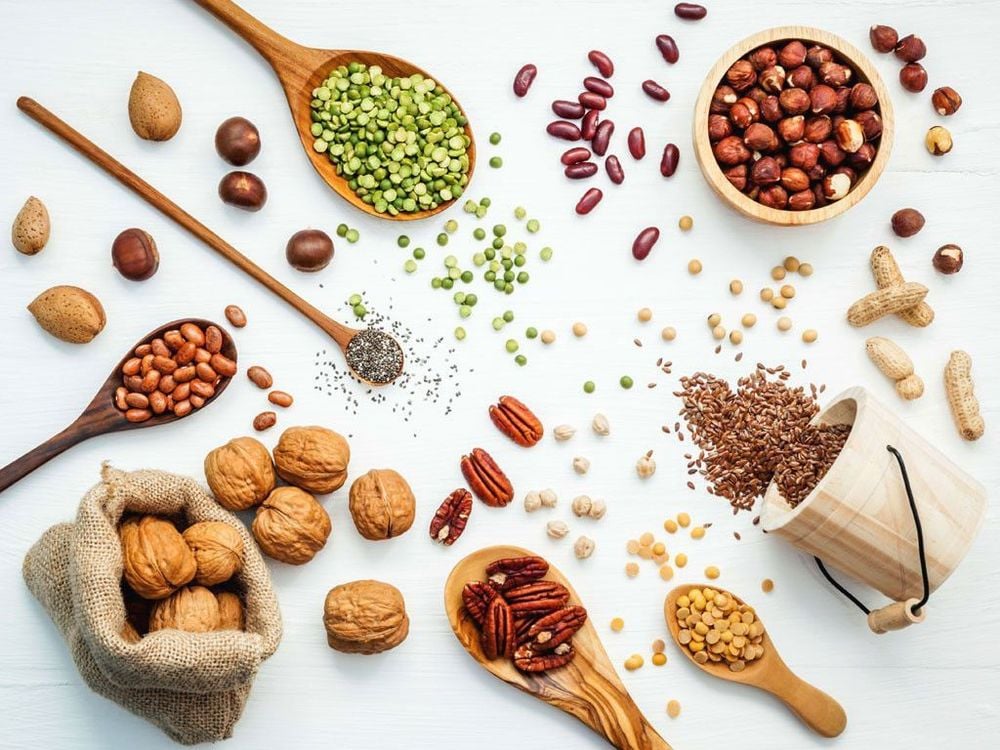
Ngũ cốc nguyên hạt là lựa chọn tuyệt vời để cải thiện lượng carbohydrate trong chế độ ăn uống.
Please dial HOTLINE for more information or register for an appointment HERE. Download MyVinmec app to make appointments faster and to manage your bookings easily.
Reference sources: gbhealthwatch.com, tuoitre.vn, vov.vn, webmd.com



